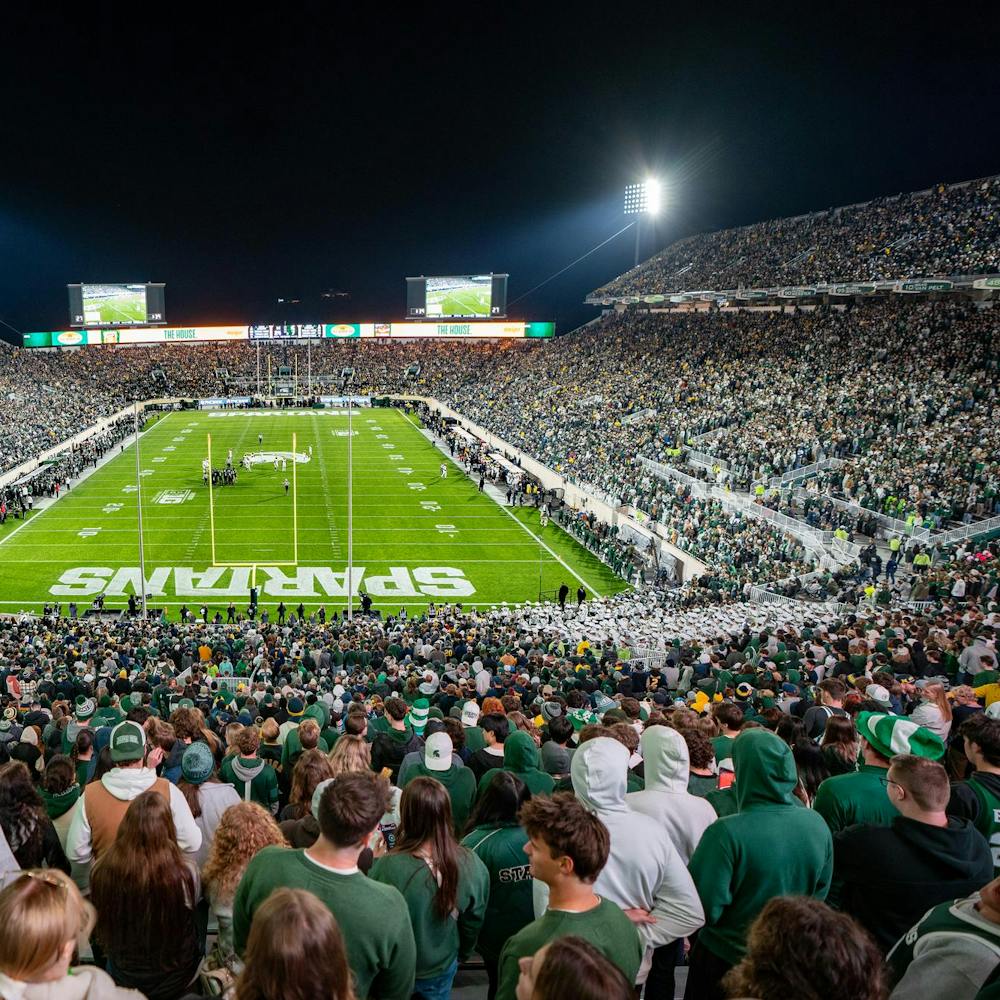Religions have a bad reputation on campus. The prevailing narrative is geared towards social progress and aims to reject the religious dogmas of the past. I recently watched the movie “God’s Not Dead” which attempts to frame this relationship as some sort of quasi-persecution, although that isn’t quite accurate.
“God’s Not Dead” is a bad movie that attempts to look at the atmosphere of religion on college campus. Though it has a basic point I somewhat agree with, it’s narrative is simply untrue.
If you don’t know anything about the movie, it’s premise is that an atheist college professor threatens to fail a Christian student for not writing “God is Dead” on a sheet of paper for a philosophy course, unless he proves God’s existence in front of the entire class.
The kernel of truth in the film is that it points to an open hostility towards sincere believers that I’ve noticed as a Catholic, among higher education, both in classrooms and socially. But that’s where the truth ends, since after the start up “God’s Not Dead” descends into tired arguments, one-sided cardboard characters and a distorted view of reality.
The systematic oppression of religious people on campus is not accurate. Though in classrooms and among friends, those who hold traditional Christian views are at best looked at as confusing or old-fashioned and at worst (unfairly) called bigots and homophobes, it generally ends there.
Christians are, as a whole, allowed their voice and I’ve never noticed being “persecuted” by the powers that be. I’ve never been told I wasn’t allowed to reject gay marriage or that I had to accept a feminist narrative. At least I’ve never faced censure by believing so, unless you count the comment section on our website.
I have traditional views on a lot of things, and very quickly I’ve learned I’m a minority here. Believing things society held as a given for thousands of years means that I’m apparently a bigot. I’m sorry, but I don’t think disagreeing with the secular left and hate crimes are the same thing.
And should that really be the case at a university, where we supposedly treat learning and open-mindedness as virtues and ignorance as a vice? I’m not talking about ignorance in terms of “well, look at how ignorant this (person who disagrees with me) is, can’t he see the ‘truth’?” I’m talking about it in terms of understanding people who disagree with you as they understand themselves. Though it may be surprising, smart people can reach different conclusions on the same topic and it doesn’t mean one of them is ignorant or malicious.
We shouldn’t take things personally when someone sees the world differently. One generation, at one moment in history, does not have a monopoly on truth.
When we cast out opinions different from our own as bigoted or ignorant, we are not learning anything. Though I don’t necessarily accept this notion of dialogue for the sake of dialogue that has sprung up in a lot of Catholic circles, I do want to understand the people who see the world differently than I do, and not just put them in a box of what I mistakenly view their beliefs as.
The same courtesy is not extended to me and right-leaning Christians as a whole. They claim we’re intolerant, and they’re the tolerant ones. One paradox I like to use says a society based around tolerance has one fundamental flaw: It cannot tolerate intolerance. This is very true in a so-called progressive learning environment.
I’m not prone to cry “persecution” at any given moment, but the stigma has to stop. If we ever want to get anywhere as a society, we have to start allowing people to present their views freely, and not be worried that it will merit an accusation of bigotry.



